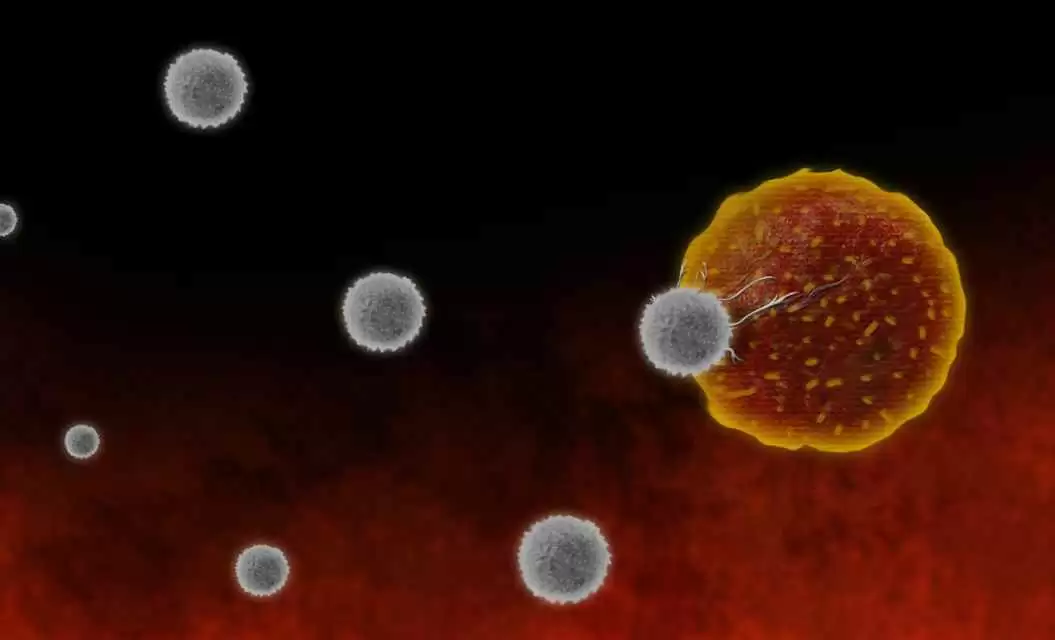
Celiac.com 03/22/2021 - Dysfunctional T cells play a major role in the immune evasion in cancer and chronic viral infection. Researchers have been looking for ways to trigger dysfunction in autoreactive T cells to create self-tolerance.
Although most current treatments for autoimmunity involve broad immunosuppression, recent efforts have aimed to suppress T cells in an antigen-specific manner to minimize risk of infection.
Celiac.com Sponsor (A12):
In a prior experiment, researchers used phage display to isolate a human antibody fragment (Fab) that selectively binds erythrocytes, allowing efficient antigen targeting to splenic antigen-presenting cells that rapidly clear apoptotic erythrocytes. Fab-tethered antigen induced antigen-specific T cell dysfunction in mice that was sustained in response to antigen re-challenge for at least 3 months and required Batf3-dependent dendritic cells.
In a recent experiment, erythrocyte-targeted antigen blocked encephalogenic T cells from promoting autoimmune pathology, which shows the potential for harnessing erythrocyte clearance pathways to disarm overactive T cells.
A team of researchers recently set out to develop an approach that binds antigens to erythrocytes to induce sustained T cell dysfunction.
The research team included Elyse A. Watkins, Jennifer T. Antane, Jaeda L. Roberts, Kristen M. Lorentz, Sarah Zuerndorfer, Anya C. Dunaif, Lucas J. Bailey, Andrew C. Tremain, Mindy Nguyen, Roberto C. De Loera, Rachel P. Wallace, Rachel K. Weathered, Stephan Kontos, and Jeffrey A. Hubbell. They are variously affiliated with the Pritzker School of Molecular Engineering, University of Chicago, Chicago, IL; Anokion Inc., Cambridge, MA; the Committee on Immunology, University of Chicago, Chicago, IL, USA; and the Committee on Cancer Biology, University of Chicago, Chicago, IL.
For their approach, the team conducted transcriptomic and phenotypic analyses, which showed signatures of self-tolerance and exhaustion, including up-regulation of PD-1, CTLA4, Lag3, and TOX.
This approach demonstrated that antigen-specific T cells were unable to respond to an adjuvanted antigenic trigger even months after antigen clearance. Using this approach, the researchers were able to prevent pathology in a mouse experimental autoimmune encephalomyelitis model.
The team's results show that antigens associated with eryptotic erythrocytes induce prolonged T cell dysfunction that could be helpful in deactivating pathogenic T cells. This research could lead to possible future therapies for celiac disease.
Read more in Science Immunology; 26 Feb 2021:Vol. 6, Issue 56, eabe1801



.webp.c53b640f544ac5b6827ea9b8bf621ae6.webp)



Recommended Comments
There are no comments to display.
Create an account or sign in to comment
You need to be a member in order to leave a comment
Create an account
Sign up for a new account in our community. It's easy!
Register a new accountSign in
Already have an account? Sign in here.
Sign In Now